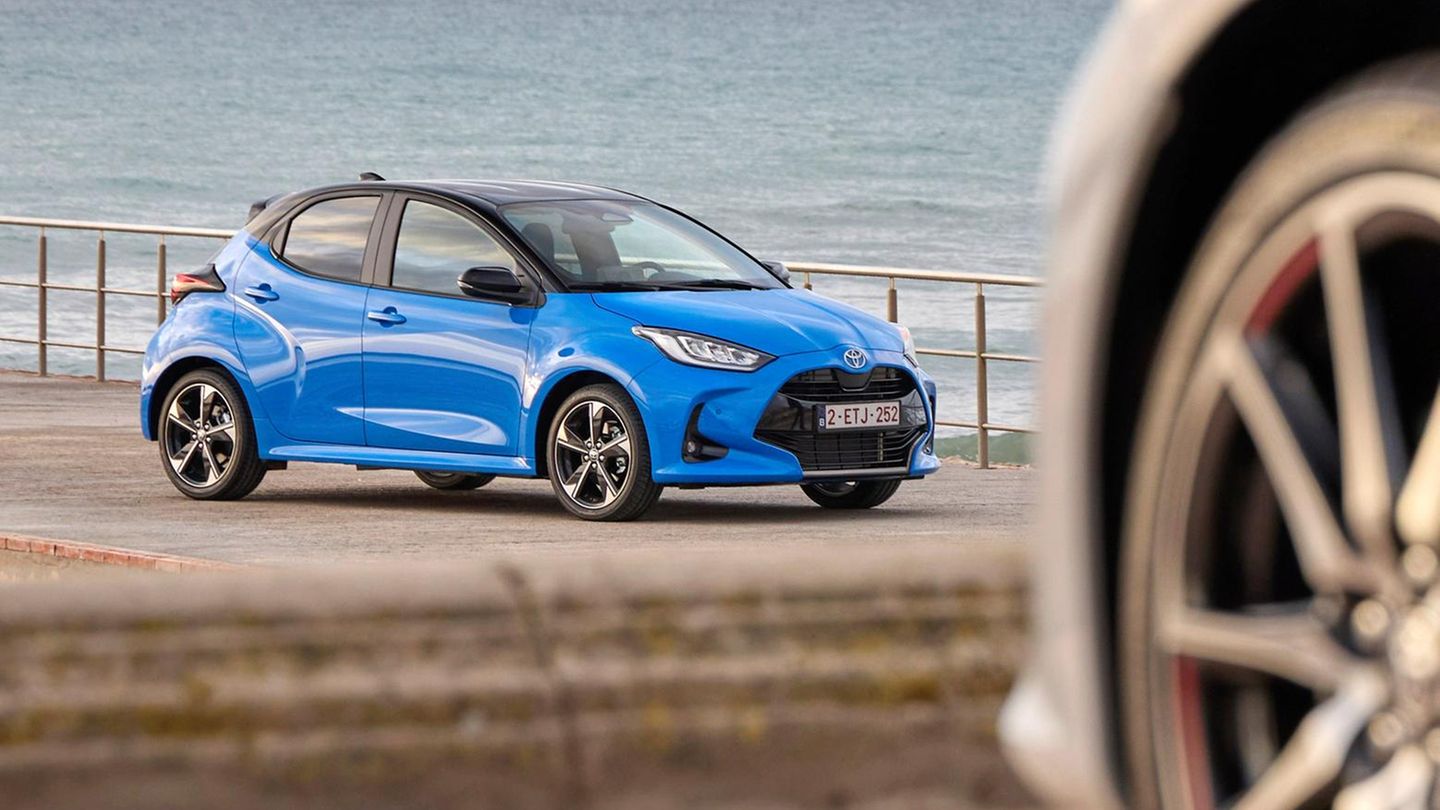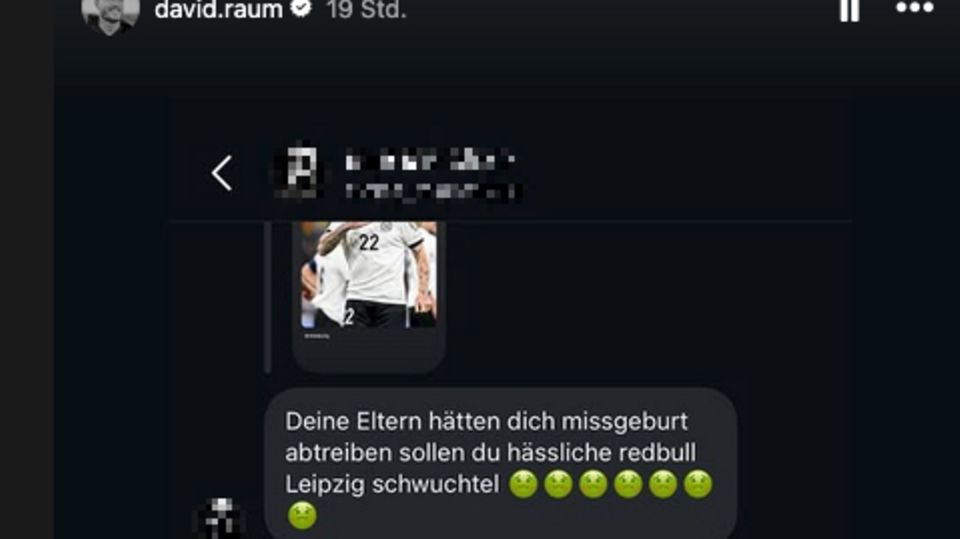While electric cars have become slow sellers on the German car market, the combination of two drives is becoming increasingly popular. But German manufacturers have nothing to do with the trend towards hybrid cars.

This is original Capital branded content. This article is available for ten days on stern.de. You will then find it again exclusively on capital.de. Capital belongs like that star to RTL Germany.
In the shadow of the crisis on the German car market, hybrid vehicles are becoming a bestseller. As figures from the Federal Motor Transport Authority (KBA) show for the first nine months of 2024, the proportion of cars with a combination of electric and combustion engine drive in new registrations was 32 percent – only just exceeded by gasoline engines.
In addition, the demand for the technology is increasing significantly in contrast to other segments. Compared to the same period last year, a good ten percent more hybrid vehicles were newly registered by the end of September 2024. Overall, however, fewer cars were sold and the number of purely battery-powered vehicles even fell by almost a third.
“This is also due to the offers in the battery-electric sector and a certain hesitancy,” says Stefan Bratzel, director of the Center of Automotive Management in Bergisch Gladbach. “It’s an intermediate phase that’s taking place.”
Electric cars are out: Toyota and Hyundai dominate the market
Buyers gave preference to so-called full hybrids, which, unlike plug-in models, do not have a plug and do not require a charging station. The battery is charged via the combustion engine and the recovery of energy when braking. The group also includes so-called mild hybrids, with which purely electric driving is not possible.
The success of the technology is a severe setback for the politically desired switch to purely battery-powered cars – which ensure significantly lower emissions. But it is also becoming a problem for German manufacturers, none of whom offer a full hybrid model. The market is dominated by Japanese and Korean manufacturers such as Toyota and Hyundai. Toyota, which sells the full hybrid cars Yaris and Auris, among others, increased by a good 15 percent overall compared to the first nine months of 2023, while Mercedes and Audi recorded declines.
Sales of purely electric cars had been set back sharply in recent months because the federal government abruptly stopped supporting them at the end of 2023. The hybrids now ensure that the proportion of “alternative drives” in Germany remains almost constant.
Source: Stern




